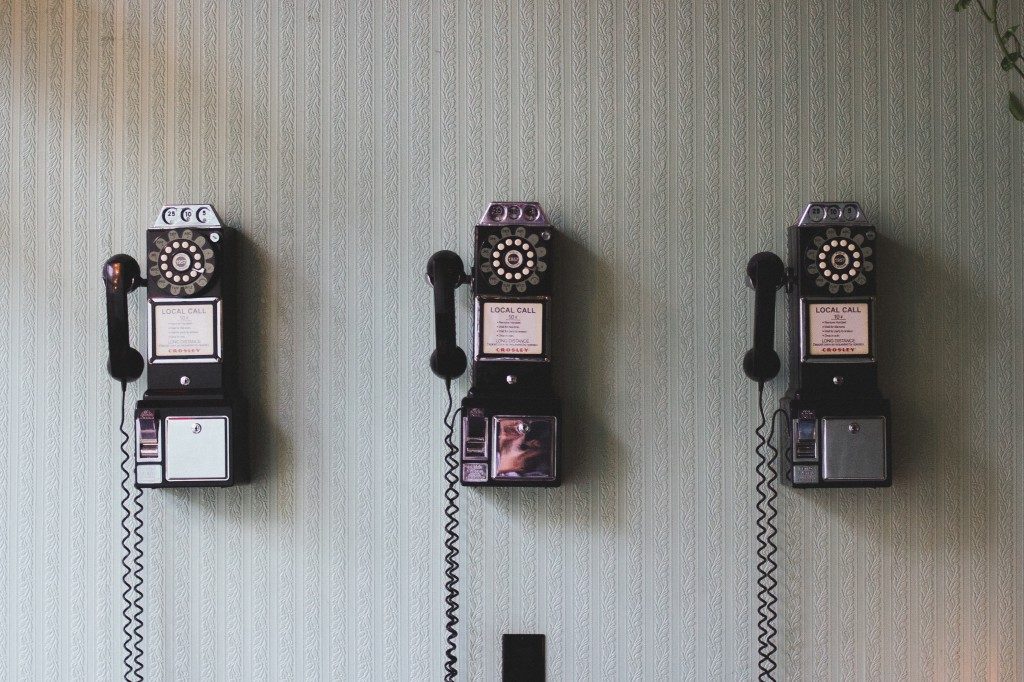On July 1st 2015, the guidelines and regulations surrounding the use of non geographical numbers for businesses changed.
It’s good news for end users and consumers, but as business owners, there are a number of steps you need to take to make sure your website is compliant with the new regulations.
The majority of us have all had the unpleasant experience of receiving our monthly phone bill, only to find it’s £5, £10 more than expected. After combing through the statement, we find the culprit. A 5 minute call to an 0845 number, usually to the bank, an insurance company or utility company. Frustrating!
Well if you use non geographical numbers for your business, you may be facing even more headache if you don’t pay attention to Ofcoms’ new guidelines for using these numbers for your business.
Will it affect my business?
“Non geographical numbers” is the term given to telephone numbers that don’t start with an area code for the town or city that the number is based. For example calling a company in Lincoln, the telephone number is usually prefixed 01522. For Grimsby it would be 01472.
A lot of the time,Non geographical numbers numbers are used by companies that utilise Call Centres to deal with customer relations or to provide a service. Larger companies will operate Call Centres in multiple locations, so using a local (geographical) number doesn’t make much sense. These numbers usually start with 0800, 084, 087 or 03.
Premium rate numbers follow the same pattern forgoing the usual area prefix for numbers beginning with 09, 118, 0871, 0872 or 0873. These are known as Premium Rate phone numbers as these services usually charge a ‘premium rate’ for calls, usually where the call is the primary source of revenue for a company.
What do I need to do?
As of July 1st 2015, the cost of calling non geographical numbers was split into two parts; an access charge and a service charge.
Access Charge: This is the charge set by the mobile phone provider for connecting calls to these numbers. This charge is set by the network, and is the responsibility of the mobile phone provider to inform the customer of the price.
Service Charge: The rest of the charge for the call is set by the company who own the number. The cost of this part of the call is the responsibility of the company using this number to inform customers of the price.
As part of the new regulations, any business that uses any of the numbers detailed in the section above will be required to state how much the telephone call will cost. This information must be displayed clearly and close to the telephone number, every time it is shown on a webpage.

There was a caveat set that any printed material produced before this date could be used as long as future print was updated to reflect the new regulations, but websites must be updated imediately.
In the past, companies were only required to indicate the price for the call made from a BT landline number, and inform the user that calls from other networks or mobile devices may cost more.
The new regulations require companies to detail exactly how much the call will cost. So any time a non-geographical number is listed on a website, it must be accompanied with a message showing how much the call will cost.
From summer 2015, the wording will have to change to: “Calls cost Xp per minute, plus your phone company’s access charge.”
What about 0800 numbers
Calls to 0800 or 0808 numbers, or “Freephone” numbers will finally actually be free to call from mobile phones.
Read More
http://media.ofcom.org.uk/news/2013/Telephone-call-charges-to-be-made-simpler/
https://www.gov.uk/call-charges
Need us to update your website?
Does your website comply with the new changes to Ofcoms’ rules and regulations regarding non geographical numbers?